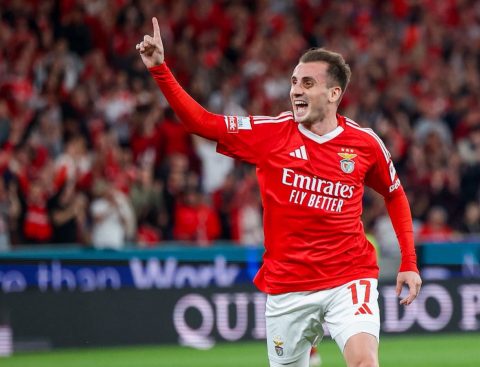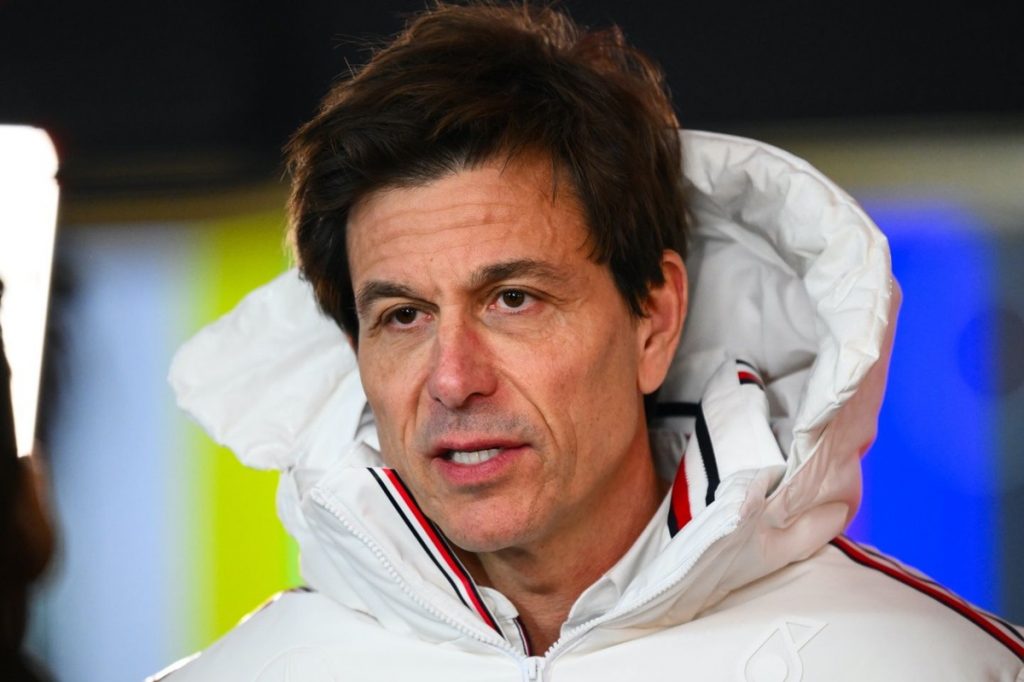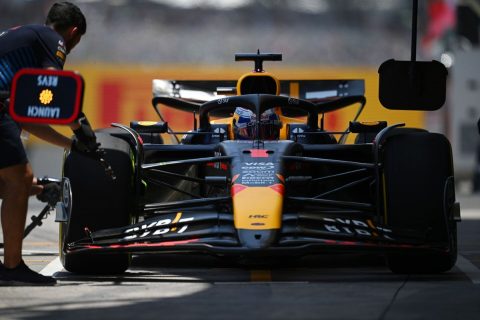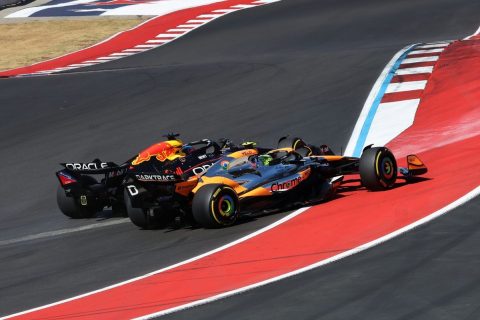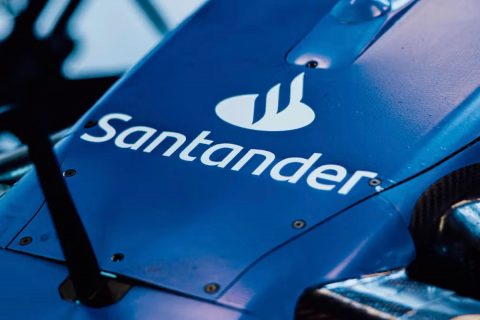Formula 1 is no stranger to conflicts and disagreements, but Toto Wolff, the Team Principal of Mercedes, has recently advocated for a shift in how these disputes are handled. Wolff stresses the importance of resolving any issues with the FIA behind closed doors rather than airing grievances publicly. This approach, he argues, ensures the integrity of the sport and maintains a professional relationship between the teams and the governing body.
Wolff’s Take on Public Disputes
Speaking on the matter, Wolff highlighted the potential harm that public spats could cause to the image of Formula 1. He acknowledged that disagreements are inevitable due to the competitive nature of the sport but insisted that a more discreet approach would be beneficial for all parties involved. “We need to approach the FIA with professionalism and respect, handling matters privately,” Wolff remarked in a recent interview.
The Role of the FIA
The FIA, as the sport’s governing body, holds significant authority over the rules and regulations that teams must follow. It is responsible for ensuring safety, fairness, and the smooth execution of races. As such, cooperation and effective communication with the FIA are essential for teams to operate successfully within the sport’s framework.
Avoiding Unnecessary Distractions
Wolff’s comments come amid a season where several on-track incidents and regulatory decisions have sparked debates. By addressing issues directly with the FIA, Wolff believes that teams can avoid unnecessary distractions and prevent the media from sensationalising disputes. This ensures that the focus remains on the races and the competition itself.
The Impact on Drivers and Teams
For drivers and teams, adhering to Wolff’s suggested approach could lead to less overall tension in the paddock. It fosters an environment where constructive feedback and dialogue are prioritised, promoting a culture of mutual respect and collaboration. This, in turn, may lead to a more consistent application of rules and a clearer understanding amongst teams about regulatory expectations.
Wolff’s Call to Action
Expressing his vision for the sport, Wolff urged colleagues across the paddock to adopt this philosophy. He emphasised that any longstanding concerns or novel issues with regulations should be resolved internally with the FIA rather than through public outcry. His call to action is an invitation for greater unity and collaboration within the F1 community.
As we look ahead to the remaining races, it will be interesting to observe whether Wolff’s perspective influences how teams interact with the FIA. Will this call for discretion help maintain Formula 1’s reputation as a harmonious and professional sport, or will public expressions continue to dominate headlines?




